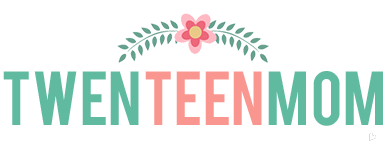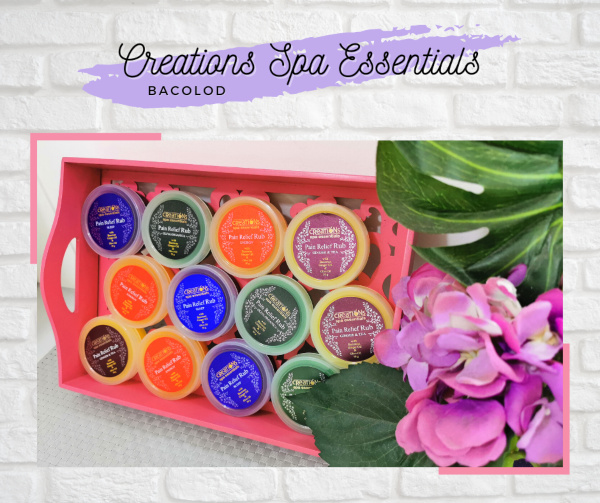Child Behavior: Eeeew!

Here’s the lowdown on five shocking kiddie behaviors and ways to deal with them.
Picking their nose, chewing with their mouth open or constantly having their hand “down there” — wondered how your child picked up these habits? We give reasons behind some of children’s most unsightly mannerisms and what parents can do about them.
Nose Picking
Kids do a lot of sensory exploration during their first two years of life. If they find something new to their sensation, like the inside of their nose — it’s wet, crusty at times, and the stuff inside has color — they’ll continue to “explore” it (and even taste it!). Constant nose picking can also irritate the nostrils and leave scabs and sores — the texture of which tempts kids to keep digging in.
But we think what makes kids repeat the behavior often is the fact that they get attention from that behavior. Whether parents are disgusted or amused, the attention gives kids enough reason to repeat the act.

What To Do:
Explain to your child the ill effects of nose picking. Be straightforward with your comments. Say, for example, that he can pick up a cold since it can be passed on from the hands to the nose, or he can get pinkeye if he picks his nose and rubs his eyes right after. Train your child to use a tissue to clean his nose, ad to wash his hands immediately after. Keep his fingernails trimmed so he doesn’t scratch his nostrils.
Since toddlers and preschoolers find amusement in provoking their parents, another way to stop your child from picking his nose is to stop yourself from overreacting. We suggest using “behavioral extinctions”, a theory in psychology which posits that when rewards (in this case, your shock and attention) dissipate, so does the behavior.
Pulling Scabs
Picking at scabs, hangnails, even at hair or eyelashes, gives kids a form of stimulation. Some children really have fussy fingers. They are under-stimulated in terms of the senses so they have to move their hands and fingers.
Although having fussy fingers is not the only indicator of hyperactivity, some kids who may have attention-deficit / hyperactivity disorder (AD/HD) resort to fidgeting. For such kids, fidgeting fulfills their need to release their energy without leaving their chair.

What To Do:
Children might injure themselves further if left to their own devices. The best way to deal with this behavior is to explain the consequences. Tell your kid that picking at a wound that has barely healed will only aggravate it; and if the wound gets bigger and more infected, it will take longer to heal.
Parents should look into the reason behind the habit. If the reason is simply boredom, then provide children with various activities. what we do with children with fussy fingers is give them alternative things to fidget with. Give your child a Rubik’s cube or a musical instrument to tinker with — this won’t only redirect his attention, it will stimulate his cognitive and creative skills as well.
If it reaches a point where no amount of convincing changes the behavior, and the child is causing severe injury to himself, we suggest making an appointment with a developmental pediatrician or child psychologist to see if the habit is a result of an emotional or psychological problem.
Toying With And (Gasp!) Tasting Their Poop
Sure, caring for a baby means changing his dirty diapers. But who knew parenthood would involve cleaning up poop-smeared walls, toys, fingers, even lips? Again, we reassure that this habit only proves your little one’s growing curiosity about his body and environment, not his desire to disgust or shock you.
As mentioned, kids in their early years go through a sensory-motor stage. During this period, a child moves based on sensory reflex — sucking on a pacifier when it’s put into his mouth, following a rotating mobile with his eyes, and closing his hand when mommy’s thumb comes into contact with his palm (called palmer’s grasp).
So when something squishy comes out of his bottom, a child’s response might be to touch it, experiment with it — to become more familiar with it. And if he enjoys the sensation in his hands (or in his mouth), it’s another reason for him to play with it the next time.

What To Do:
Give your child something else to play with, like clay, which more or less approximates the texture of poop (soft, squishy). Dress your child up in onesies so he’ll have a hard time removing his diapers or digging his hand into them.
Again, don’t react too strongly. Apart from possibly reinforcing the behavior, your reaction might harm your child’s self-esteem. He might conclude that there is something wrong with him.
If you see your toddler creating sculptures or wall murals with his own waste, smile tell him matter-of-factly, “Poop is dirty and smelly,” then take him to the sink and wash his hands immediately. During or after washing, explain the health risks of swallowing human waste, such as stomachache, rash, etc.
Open-Minded Nuisances
Most people find coughing, sneezing, and chewing food with the mouth open distasteful. Kids, on the other hand, find them amusing. Like nose picking, if these actions are reinforced by comments like “yuck” and “cute”, kids will keep on doing them to grab attention.
What’s more alarming however, is that these are learned behaviors. Your child may have picked up the habit from people he’s in constant contact with, like his yaya or a playmate from preschool.

What To Do:
The moment you see a behavior that you think is unacceptable, correct it immediately. Demonstrate to your child how to properly cough, sneeze, or chew food. Teach him the practice of using tissue paper or a hanky when he coughs or sneezes, and of taking small bites so he can keep his mouth closed while chewing food.
Next, don’t be melodramatic or your child might misconstrue your reactio as a cue to continue those behaviors. Practice selective ignoring and see if the behaviors dissipate. If your child’s goal in acting silly is to get your attention, you reduce the incentive for the silly behavior by refusing to grant him that attention.
Last, explain the consequences; otherwise, kids will get confused and wonder why they’re not allowed to do something others find entertaining. We propose telling your child, “Coughing or sneezing with your mouth open might spread germs and make other people sick,” or, “If you talk while yur mouth is full, then people will not understand you.”
“Private Play”
It’s embarrassing to catch your little tyke “playing with himself” — more so when the act is done in clear view of others. However, doing what feels pleasurable is part of young children’s process of self-discovery. Based on Sigmund Freud’s stages of psychosexual development, kids aged 36 to 72 months hit the phallic stage, where they explore their body and become more aware of their gender.
During this phase, toddlers discover as well that touching or rubbing their genitals is soothing. They tend to develop this habit because they associate the soothing feeling with the comfort they get from thumb sucking.

What To Do:
There are no health risks involved in masturbating. The danger falls on the parents’ reaction. Refrain from showing shock, embarrassment, or anger if you see your child engaging in “self-exploration” in public. Or else, your child might feel ashamed and loose self-esteem. Distract your toddler with another activity instead.
We reassure parents that by the time their children turn 6 or 7 years old, they will already know how to follow rules and to distinguish between acceptable and unacceptable behavior, especially in public. They’ll be old enough to understand when you explain to them, for instance, that although touching one’s genitals is common and normal, it should be done in private.
Explain it within their level. Say, “These are private parts. The reason they are called private is because you should not let other people see them or touch them, and you should not touch them in public or show them to other people.”





